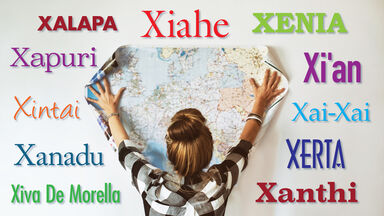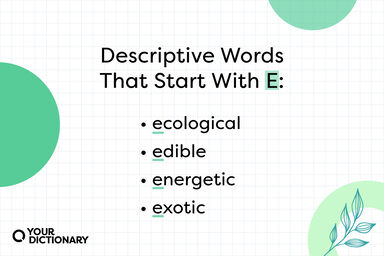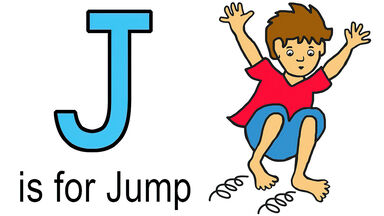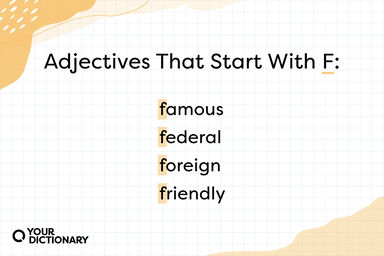Start Definition
- To conceive or have a first child.
- To begin an activity regarding (something):
start in on a new book.
- To begin to criticize or complain about (someone or something).
- To cause trouble.
- At the beginning; initially.
- In any case.
- to bring forward an issue, question, etc. for consideration
Idioms, Phrasal Verbs Related to Start
- start a family
- start in on
- start something
- to start with
- start a hare
- start in
- start out
- start something
- start up
Origin of Start
-
From Middle English sterten (“to leap up suddenly, rush out"), from Old English styrtan (“to leap up, start"), from Proto-Germanic *sturtijanÄ… (“to startle, move, set in motion"), causative of *stirtanÄ… (“to leap, tumble"), from Proto-Indo-European *stere-, *strÄ“- (“to be strong, steady, rigid, fixed"). Cognate with Old Frisian stirta (“to fall down, tumble"), Middle Dutch sterten (Dutch storten, “to rush, fall, collapse"), Old High German sturzen (German stürzen, “to hurl, plunge, turn upside down"), Old High German sterzan (“to be stiff, protrude"). More at stare.
From Wiktionary
-
Middle English sterten to move or leap suddenly from Old English styrtan ster-1 in Indo-European roots
From American Heritage Dictionary of the English Language, 5th Edition
From Middle English stert, from the verb sterten (“to start, startle"). See below.
From Wiktionary
The verb start, with initial uppercase letter.
From Wiktionary
Find Similar Words
Find similar words to start using the buttons below.





